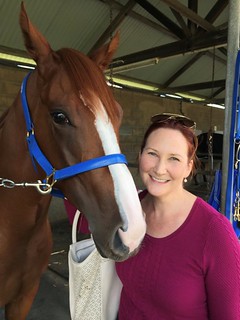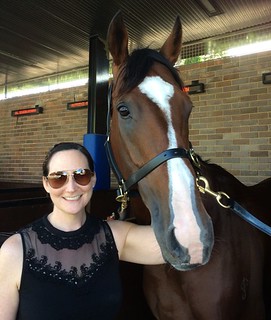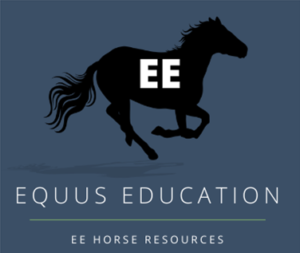I can’t remember what I was reading recently that referenced the Farriers Registration Council, but I thought it was worth looking up! It looks like this is a government initiative in the United Kingdom. It states on the website that it’s a corporate body established under the Farriers (Registration) Act 1975. The vision of this council is the:
“Prevention and avoidance of suffering by equines through ensuring that equine owners are able to access the equine hoof-care that best meets their needs in a timely and assured manner; this care will be delivered only by those capable and qualified to do so.”

There can be nothing worse in life than to receive advice from someone who isn’t qualified to give it. This is even harder to determine if we ourselves are ignorant in the area where we’re seeking advice!
I have had some great farriers for my horse and some less so. If you cannot recognise signs of poor trimming or shoeing or a horse being lame because it’s been cut back too short, then it’s hard to know if your farrier is doing a good job!
Having a governing body that works to educate and qualify people for a particular trade – like farriery – is a wonderful thing. On the Farriers Registration Council website there’s an area specifically for registered farriers. They can:
- login to manage their registration,
- update details and complete an annual return
- they can even submit and update details that are proof of continuing professional development
As an equine educator, I can relate to needing to regularly take part in professional development. It’s important to consistently work to improve our knowledge and skills. And let’s face it, the equine industry is constantly evolving!
The Farriers Registration Council
On this UK based site, you can find out about farriery: what is it, how is it regulated and what qualifications are on offer for this horse related career? You can also read about details for horse owners including:
- how to recognise a registered farrier
- clients responsibilities
- making a complaint
And of course, you can find out about becoming a farrier! This is achieved in Great Britain by completing an Advanced Apprenticeship in Farriery. This covers work based farriery tasks, English and Math skills, business related subjects as well as personal learning and thinking skills. It also covers employee rights and responsibilities. Sounds comprehensive!
If you’re based in the United Kingdom and have a desire to become a farrier, then I encourage you to check out this online resource 🙂





